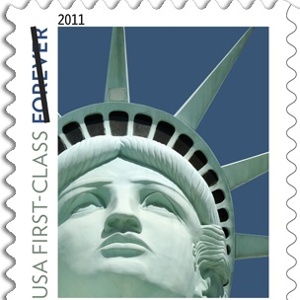The U.S. Constitution does not forbid the President from declaring a National Day of Prayer.
That’s the ruling of the 7th U.S. Court of Appeals, located in Chicago, overturning a lower court’s ruling that found the event unconstitutional.
Furthermore, the court seemed to rule that there is no constitutional protection against being offended by a public event. In a 3-0 ruling, the federal panel said a Wisconsin-based atheist and agnostic group, the Freedom from Religion Foundation, lacked the legal standing to challenge the National Day of Prayer. It said the plaintiff’s “feeling of alienation” did not give them sufficient legal grounds to sue.
The decision could have far-reaching effect since many of the bans on Nativity scenes, crosses at memorials, stars on water towers and prayers at graduations have been based on single complainants’ objection that their discomfort supercedes the majority’s wishes.
Saying he was not surprised by the decision since prayer is “so entrenched in our history and tradition,” National Day of Prayer spokesman Michael Calhoun called the decision “a victory for the free exercise of religion that our Founding Fathers sought to ensure.
“We are very thankful for the outcome,” he told the Christian Post.
“Hurt feelings differ from legal injury,” the court said, overturning last April’s ruling by U.S. District Judge Barbara Crabb. She had declared the day of prayer in violation of the separation of church and state.
The federal court said the only possible complainant in the case could be the President of the United States, who a 58-year-old Congresssional resolution instructs to call all Americans to spend the first Thursday of May in prayer.
“He is not complaining,” noted the federal panel, which added that the President’s annual proclamation does not require anyone to pray and, thus, does not violate the First Amendment.
The National Day of Prayer has its roots in the earliest days of the United States when such presidents as George Washington, John Adams and Abraham Lincoln called on all Americans to pray for their nation. The yearly event became institutionalized in 1952 when President Harry Truman signed a joint resolution by the U.S. Congress creating the annual observance.
Annually governors of all 50 states issue proclamations in honor of the day. In 2010, after Crabb ruled the event unconstitutional, all 50 governors and President Obama proclaimed the observance anyway.
This year, the National Day of Prayer is May 5.

